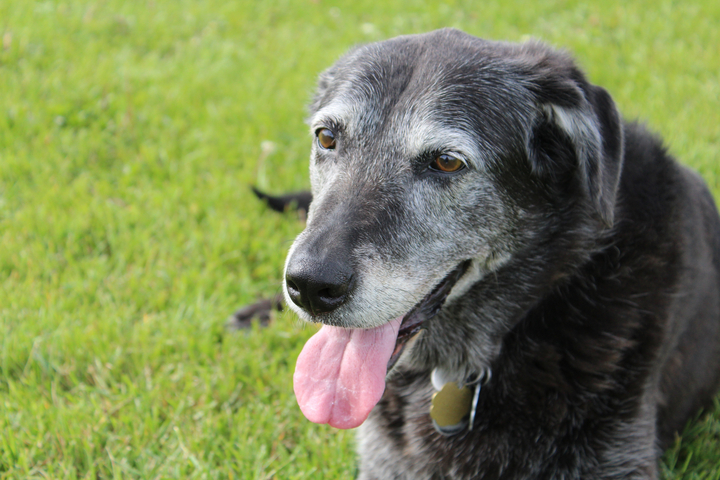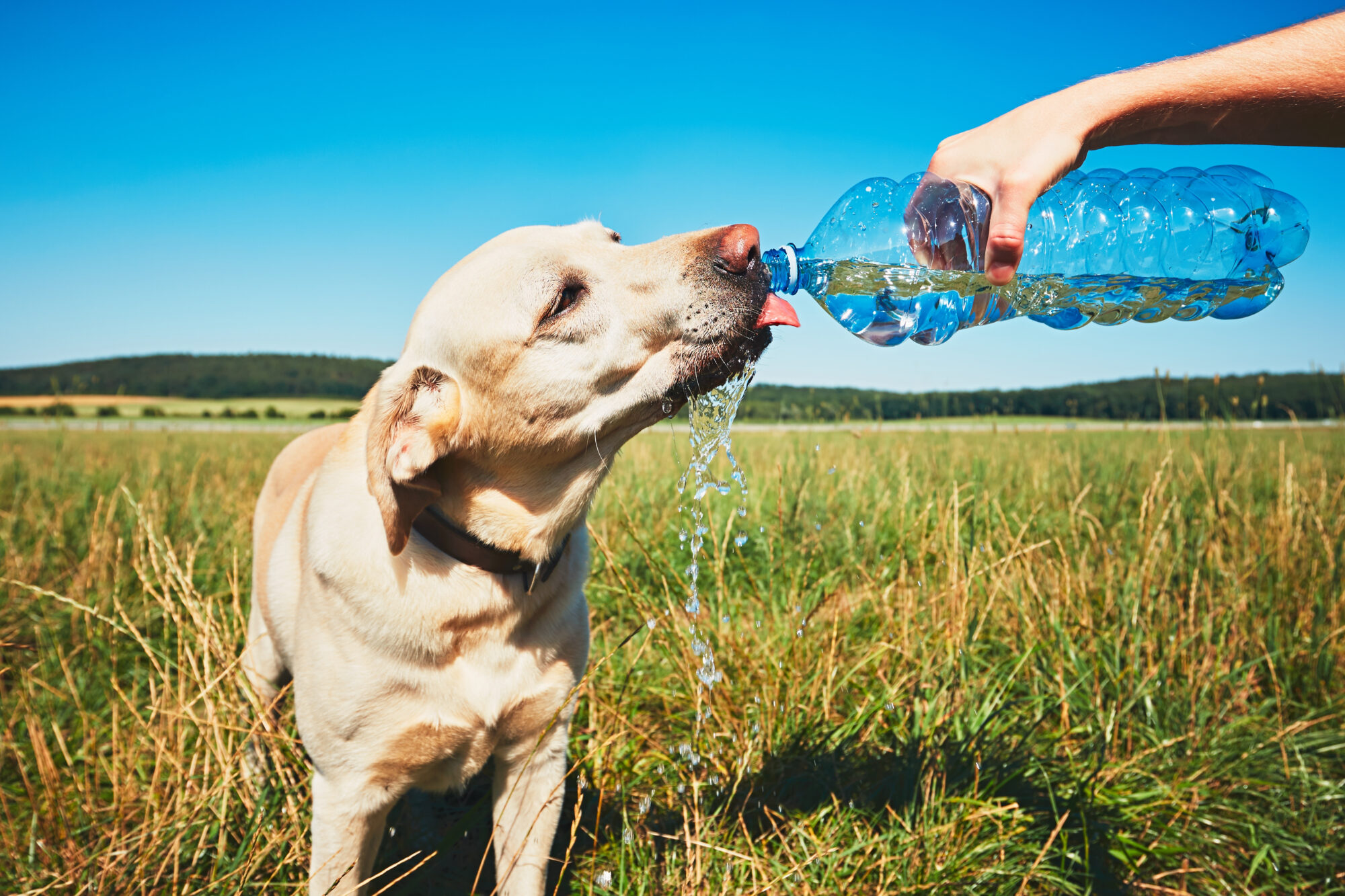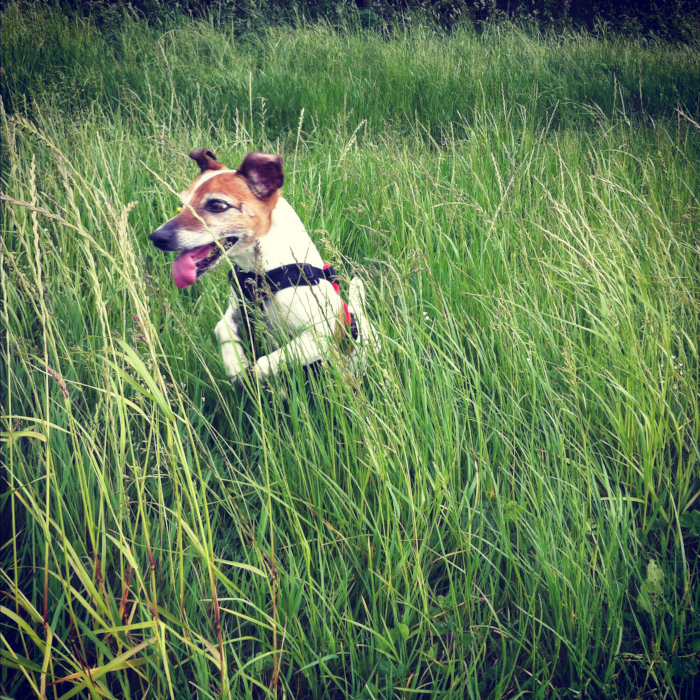
If you have a senior pet, one of the most important things to remember is that although getting older is not optional, discomfort can be. In other words, older pets can still enjoy life, be active and pain free, and stay healthy for weeks, months, and even years to come. And your veterinarian can help make this happen.
Working with your pet’s veterinarian during the golden years can ensure a happier and healthier aging for your pet, and peace of mind for you.
Start With A Veterinary Visit
If you have noticed signs of your pet “slowing down,” you may have chalked it up to old age. But, age is not a disease! The first step in giving your senior pet great care is to address any health concerns. This starts with a complete nose-to-tail physical exam, and will likely be followed by diagnostic testing. By checking for abnormalities in body systems, we can treat disease earlier, resulting in a healthier pet and less expense to you.
Some of the diseases that we can catch early with screening tests include:
- Diabetes
- Cancer
- Kidney disease
- Liver disease
- Heart disease
- Hypothyroidism
- Hyperthyroidism
- Cushing’s disease
- Addison’s disease
- Arthritis and joint disease
- Dental disease
- Cataracts
Pay Special Attention
When your pet is a senior, you may notice outward signs of aging such as a gray muzzle. But remember that your pet’s organs, behavior, and activity level may all be going through changes, too. Keep a close eye on them to know if they need our help. Some signs to watch for include:
- Changes in weight (especially weight loss)
- Increased appetite or changes in appetite
- Increased thirst or water consumption
- Increased urination
- New lumps, bumps, or swellings
- Persistent cough
- Foul mouth odor
- Difficulty getting up, climbing stairs, or moving around
- Increased vocalization
- Difficulty breathing or panting while at rest
- Bouts of weakness
- Increased sensitivity to noise
Creature Comforts for the Golden Years
Senior pets will require certain changes to their environment. Focus on two areas: safety, and comfort.
Older pets tend to be less agile and nimble than in years past, even if they don’t realize it. They are more likely to slip on floors, fall down stairs, and have more trouble navigating uneven ground and hilly terrain. It’s best not to put your senior pet into dangerous situations, even if those activities didn’t seem dangerous in the past.
There are many creature comforts you can add to your home environment for your senior pet. Here are some tips:
- Provide cozy sleeping spots and pet beds to keep your senior pet warm
- In warm weather, ensure senior pets have access to shade, fresh water, and cool places to relax (preferably in air conditioning)
- Let your senior pet avoid stairs by placing essentials on the same level as your pet
- Evaluate your cat’s litter box to make sure she can get in and out easily
- Keep a stable routine of feeding, walking, and playtime
- Groom your senior pet regularly, especially if they are having a hard time doing so; keep nails trimmed to make it easier for them to walk
- Talk to us about your pet’s diet, and switch to the highest quality diet you can
- Provide plenty of TLC, petting, and love; your senior pet thrives on your attention
If you feel your senior pet is in any pain or discomfort, please contact us right away. Veterinary medicine is growing more advanced in pain management all the time, so there is no reason why your senior pet should ever feel painful or uncomfortable.
As your partners in compassionate senior pet care, Felton Veterinary Hospital looks forward to answering your questions. Please give us a call to schedule your pet’s senior pet care exam today.


 Schedule an Appointment
Schedule an Appointment
